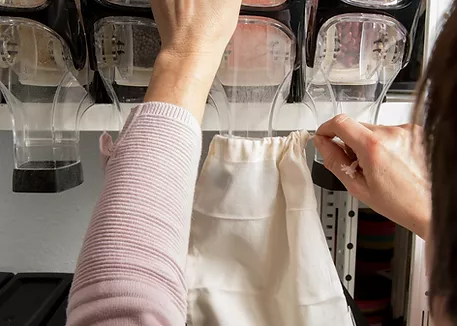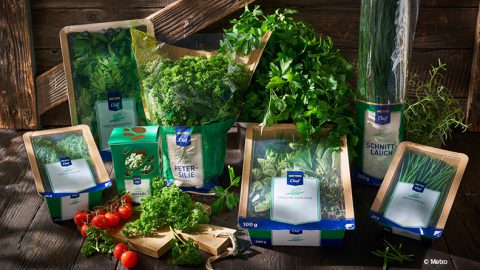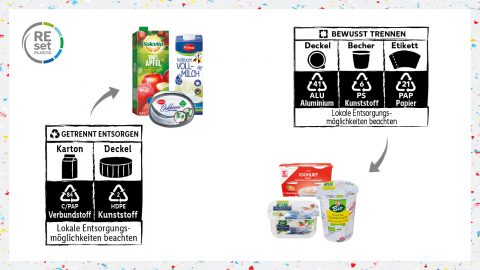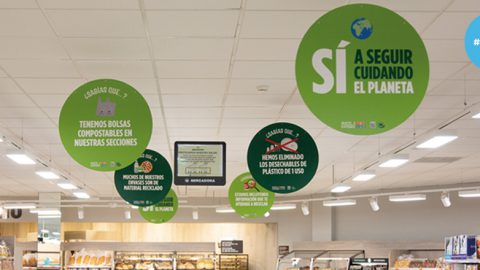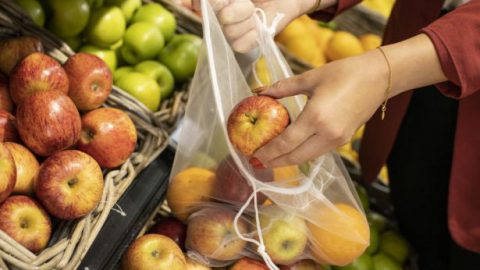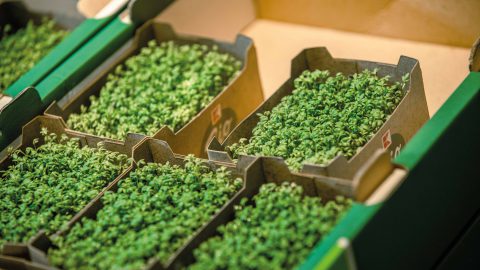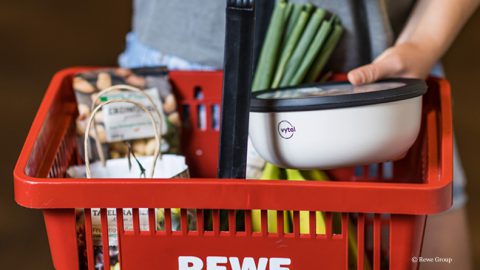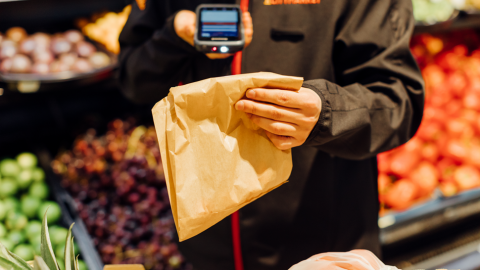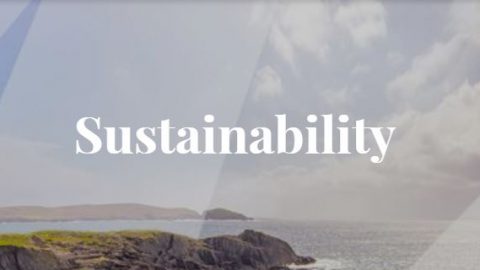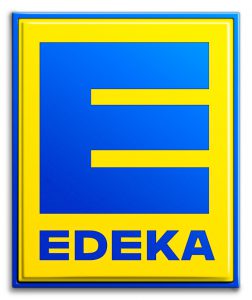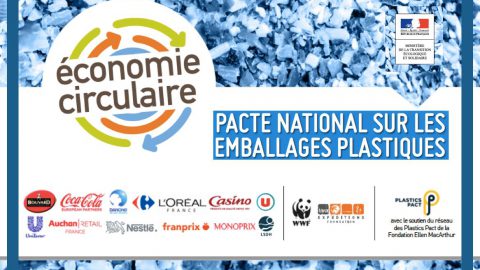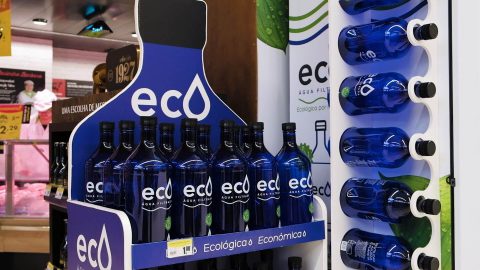Problem: bulky products that do not have their own sales packaging. The assortment in the online trade is extremely versatile, which was especially important during the pandemic.
important for supplying the population during the pandemic. It should therefore be borne in mind that online retailers also ship products that are bulky and, by their very nature, have empty space, or cannot be packed into an or cannot be packed into a square shipping carton without empty space.
Examples of products that have so far been sold entirely without sales packaging in the picture.
Mathematical example using the basketball:
- Diameter 19 cm: Volume therefore = 3,591.3 cm³.
- plus 40% = 5,027 cm³ permitted packaging volume
- But package (cube) edge length 19 cm = 6,859 cm ³ = violation, 1,832 cm³ too much.
- Even with an exactly fitting cube-shaped shipping package (which does not actually exist), you would have 73.3% empty space when shipping a basketball.

